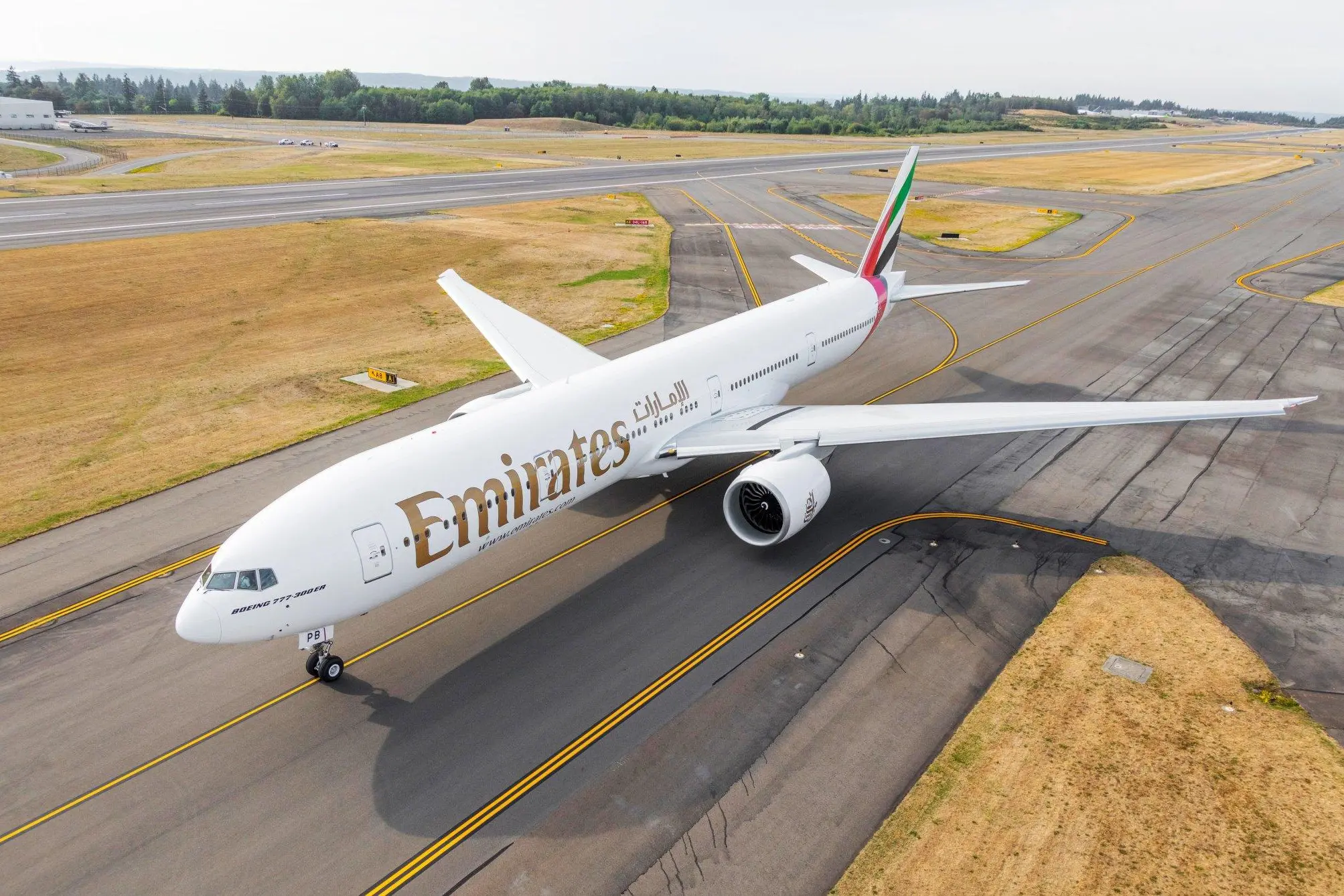PHOTO
Emirates is scaling up operations across Europe before the start of the winter season due to an “upsurge” in demand following the easing of travel restrictions.
The UAE-based carrier intends to restart flights, as well as increase services and capacity on various routes, including the United Kingdom, Germany, Portugal, Spain, Switzerland, Belgium, Portugal and Italy.
The UK has recently removed the UAE from its red list and classified it under the “amber” travel category, enabling passengers to enter the country without checking into a government-approved quarantine hotel.
In a statement on Tuesday, Emirates said there are “clear signals that passenger confidence for international travel is returning”.
The airline started deploying its grounded fleet after the lifting of the lockdown in the UAE last year. So far, it has resumed flights to more than 120 airports worldwide, recovering close to 90 percent of its pre-pandemic network.
Flight restarts, capacity expansion
Emirates will restart flights to Newcastle from October 15 and continue to boost its operations across the European market, with a target of 77 weekly flights to UK cities, as well as 50 weekly flights to Germany’s Dusseldorf, Frankfurt, Hamburg and Munich by the end of October.
Other destinations that will see more flights and bigger capacity are Birmingham, Dublin, London, Barcelona, Brussels, Hamburg, Lisbon, Madrid, Munich, Rome and Zurich. Many of these destinations will be served with daily flights or more, the airline said.
Passenger capacity between Dusseldorf and Dubai, as well as between Hamburg and Dubai, will also be expanded with the deployment of the A380 aircraft.
Outside Europe, flights between Male and Colombo, as well as Sri Lanka, will resume from September 1. By mid-October, the airline will increase its services between Male and Dubai to four daily flights.
Frequencies on the Muscat route will increase to four weekly flights from August 28, and on the Sao Paulo route to seven flights per week from October 5.
The aviation industry, which supported 87.7 million jobs around the world prior to the pandemic, was among the worst hit by the health outbreak last year, when passenger traffic plummeted by 60.2 percent to 1.8 billion people.
International passenger demand suffered the most, posting a 75.6 percent decline compared to 2019, according to the International Air Transport Association (IATA).
(Writing by Cleofe Maceda; editing by Seban Scaria)
Disclaimer: This article is provided for informational purposes only. The content does not provide tax, legal or investment advice or opinion regarding the suitability, value or profitability of any particular security, portfolio or investment strategy. Read our full disclaimer policy here.
© ZAWYA 2021





















